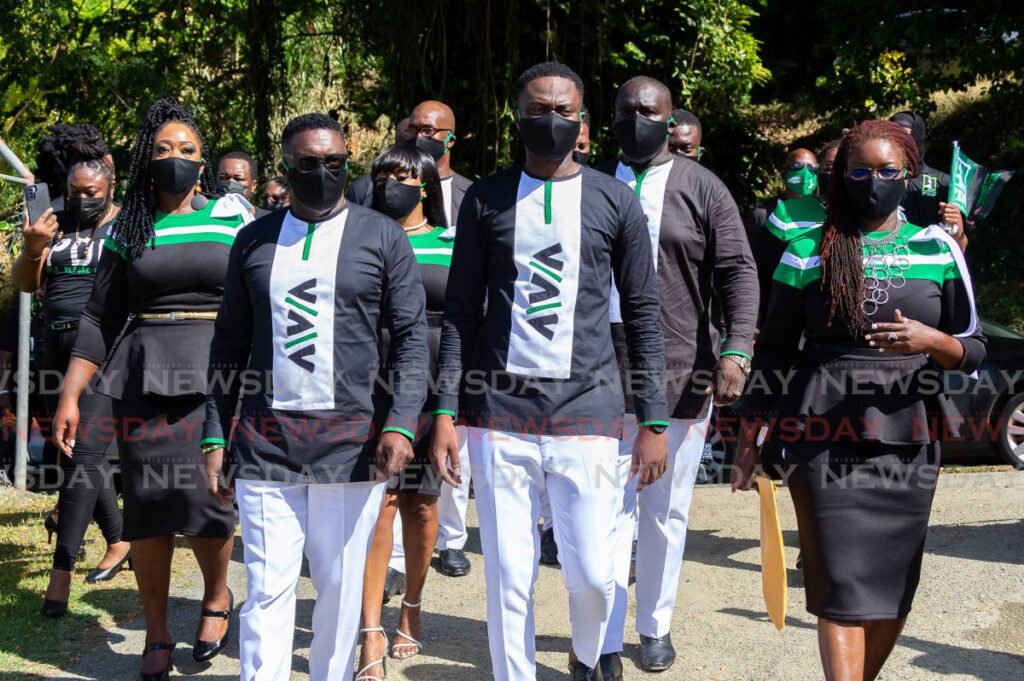PDP: a new third force?

On Thursday, PDP political leader Watson Duke revealed his ambitions for the party he founded in 2016, promising that the Progressive Democratic Patriots will contest all future elections in Trinidad and Tobago.
It's a brassy mission for a new party, but Mr Duke is no doubt buoyed by the scale of its stunning success in the December 6 THA elections.
The positioning of Farley Augustine, widely recognised on the island as "ah we boy" to become the public face of the party, and the ceding of the role of the Chief Secretary to him, was potent political strategy.
Leveraging that winning plan into meaningful success in Trinidad will require a deeper commitment to delivering governance that appeals to voters in Trinidad to build sustained political momentum.
The dynamic of politics in Tobago positioned the PDP as the rival to the governing PNM, after the UNC's presence on the island dwindled to nothing over the last decade.
The ascendancy of the PDP to Tobago leadership suggests once again the enduring yearning and possibilities for a viable third political force in TT.
The status quo of the PNM and the UNC may satisfy the party faithful, but happiness with the current political dynamic diminishes rapidly outside that approval bubble.
Past efforts at forming a third party political movement in TT have not unseated the two major parties contending for governance, but they have changed the conversation on the campaign trails and, when that has translated into some degree of electoral success, provided a fulcrum for possible change through a coalition of political interests.
The PNM, even when forced into opposition, has long determinedly rejected coalition politics, preferring to stand or fall on its own merits, regardless of the opinion of the electorate.
It's a party position that has outlasted two major efforts at coalition governments that proved successful at unseating the PNM, but couldn't survive the reality of their success and the grind and scrutiny of governance. The UNC may not officially hold the position that it governs alone, but that has been the attitude it has adopted even when it had smaller coalition partners.
This time around, the first challenge the PDP must meet to position itself to meet the ambitions of its political leader is to prove itself on the job.
It faces significant challenges in managing an island reeling from covid19 infection and with deaths rising to the point that a refrigerated container has to be used to supplement capacity at the Scarborough hospital mortuary.
The way the PDP engages the central government and manages the affairs of Tobago will be an indicator of the party's capacity to collaborate in the national interest and to build its success in Tobago into a political alternative.
While Mr Duke can promise the party's presence at the polls, success will depend largely on how well the PDP performs in office.


Comments
"PDP: a new third force?"